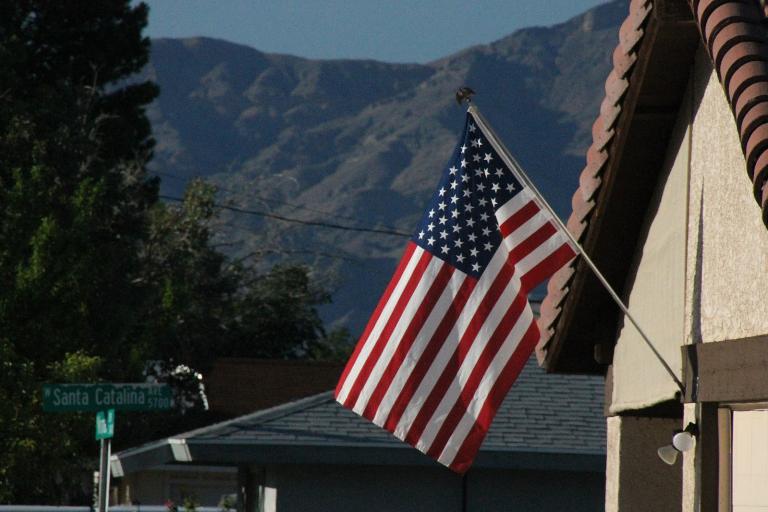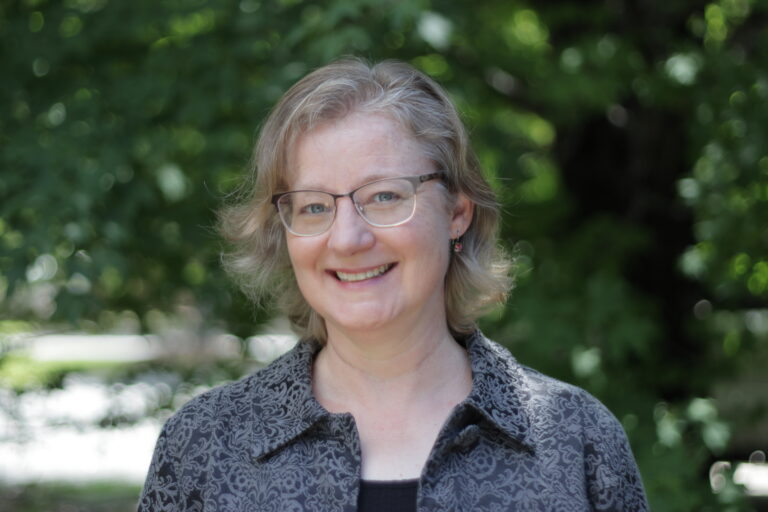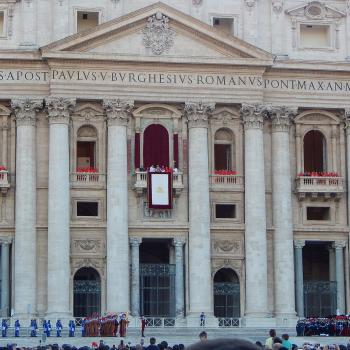Saw a curious poll on Twitter asking: Should the Catholic Church stay out of politics?
It’s an interesting one because the answer is pretty straightforward, at least where Catholics are following Catholic teaching and Church law.
Let’s take it apart and make sense of the questions within the question.
What is “the Catholic Church”?
We can define “the Catholic Church” in any number of ways:
- Every person, living or dead, who is united in faith with the Catholic Church. This is actually the most accurate definition.
- Catholic leaders generally speaking, which might include a wide variety of lay people in various positions of authority across both secular and religious organizations.
- Catholic clergy (deacons, priests, bishops) and religious (monks, nuns, etc.).
- Catholic clergy who hold positions at a certain high level of leadership, you decide how much authority is needed to qualify.
Alternately, we might look to physical structures when talking about Catholic Church involvement in politics. For example, are we speaking of:
- Parish church buildings used as polling places?
- Church-owned facilities used to hold meetings of political impact, such as an open community discussion on how to best prevent police violence or feed the homeless?
Or we might speak of movements and organizations, such as:
- Catholic groups participating in a March for Life (a political protest movement).
- Representatives of a pertinent Catholic organization, which might include officials from a local diocese, testifying at a legislative hearing or filing a friend-of-the-court brief.
- Catholic organizations sponsoring political candidates.
When we talk about political involvement of “The Church” we need to be clear about who exactly we’re talking about, and in what capacity they are operating.
What is “politics”?
Being “involved in politics” can mean all kinds of things, from the most basic rights of citizens to the active managing of political power. Examples:
- Voting.
- Discussing existing government policies or proposed reforms.
- Putting out a yard sign for a favored candidate.
- Running for office.
- Advising elected or appointed government officials.
Here’s a story of a way my local parish is involved in “politics.” There exists in our town a community-wide forum that meets once a year to come to a consensus on the most pressing issues affecting the well-being of the city. This forum includes (among others) houses of worship of all faiths, and our parish solicits volunteers to be part of the discussion.
The larger body, full of representatives from the entire community, chooses a major cause to focus on for the year ahead. It will be something that local officials and community organizations can work on together, such as making sure the homeless have adequate shelter in cold weather.
Once the annual goal is chosen, this community group works with City Council and local non-profits to try to meet the goal.
This is unquestionably “political” in a certain sense. But also: It’s just part of caring about your community and finding ways to help the people most in need in your local area.
It would be bizarre to not include houses of worship in this gathering of community leaders, given that the types of problems this citywide initiative address are often already being dealt with by active, pre-existing ministries of various religious organizations. Coordinating across community groups makes everyone’s work more effective.
Does the Catholic Church set limits on political involvement?
Interestingly, for all that some people worry “The Catholic Church” is trying to get political, actually the Church itself sets firm boundaries on its own involvement in political matters. Here’s a reader-friendly summary from Canon Law Made Easy: “Can Priests Hold Public Office?”
The specific rule is Canon 285.3 (scroll down at the link): “§3. Clerics are forbidden to assume public offices which entail a participation in the exercise of civil power.”
So no, your local priest or bishop is not allowed to run for public office. That’s a Church rule, which is perfect, since it would be a violation of the US Constitution to set limits based on religion concerning who can and cannot hold public office.
Should Catholics be involved in politics?
So, coming back to our original question: “Should the Catholic Church be involved in politics?” As we’ve seen, this can mean so many different things.
Here’s how the Catholic Church in the United States answers that in practice, and I think these are good answers:
Citizenship has no religious test. Individual Catholics should exercise their full rights as citizens, including the right to vote, to express political opinions, to hold public office, and to campaign for desired policy changes.
–> We do, however, limit priests and bishops from holding public office, not because the US government requires it, but because that is the practice of our religion.
Catholic organizations should support and serve the community. Most of the time this is focused on the various ministries we carry out, such as feeding the hungry, no different from other religious or secular community groups.
However there are times when a Catholic-run ministry might have expertise that should be contributed to public policy discussions. For example, an administrator at a Catholic-run addiction treatment center would reasonably take part in a legislative hearing on insurance laws for rehabilitation funding — same as other non-Catholic treatment center leaders would rightly weigh in on pertinent proposals.
Catholic organizations should stick to the law on political versus charitable works.
The US tax code, for example, sets specific requirements for qualifying as a charitable organization for tax purposes, and which kinds of organizations can be involved in lobbying or political campaigns. Very obviously, Catholic organizations should follow the law on this.
Catholic organizations live in the world ruled by national, state, and local law.
Public policy affects everyone. My local parish school has to follow laws concerning fire safety codes, sidewalk easements, and of course educational laws. It would be silly to say that the school must remain silent and passive concerning the regulations it is required to follow.
That doesn’t mean the school should be “political” but it does mean that if there is an issue directly affecting the school, it’s reasonable that school administrators would reach out to local officials where appropriate. City council and the state legislator can’t do their jobs if they don’t know how their proposed regulations would affect local citizens.
Catholic clergy are responsible for teaching the Catholic faith to church members.
I recently saw one of the Priests of Twitter delete a tweet, per the instruction of his local bishop, in which the priest had expressed his plan to vote for a particular candidate.
Both in respect for not crossing any lines with regard to the local church’s status as a non-political organization and in keeping with the Church’s stance on the separation of clergy from secular political affairs, this made sense, even though the priest was only speaking in his capacity as a private citizen.
In contrast, it is rightly the job of deacons, priests, and bishops to teach the principles of the Catholic faith. This includes things like the doctrine of the Trinity, which has little bearing on the governing of a secular republic, but also things like the importance of caring for the poor or visiting prisoners.
Catholics will in turn use that information to make decisions on what policies and candidates to support. Is this “political”? Well, yes, Rerum Novarum has a lot to say about just wages and the right management of businesses. It’s very blatantly about public policy on some very key issues.
It is, however, also just common sense decency. You don’t need to be Catholic to know that it’s wrong to profiteer off the most vulnerable, or that the government should get involved when necessary to protect human rights but also not try to micromanage everyone’s lives.
So, coming back to the big question: Should the Catholic Church be involved in politics?
Our answer is that to be Catholic is to care about your neighbor. The Church herself has set a boundary to keep clergy out of politics, but Catholics are citizens like anyone else, and we’re responsible for doing what we can to alleviate suffering and help others.
Photo of an American flag on a house in Las Vegas, NV, by Noah Wulf, CC 4.0















